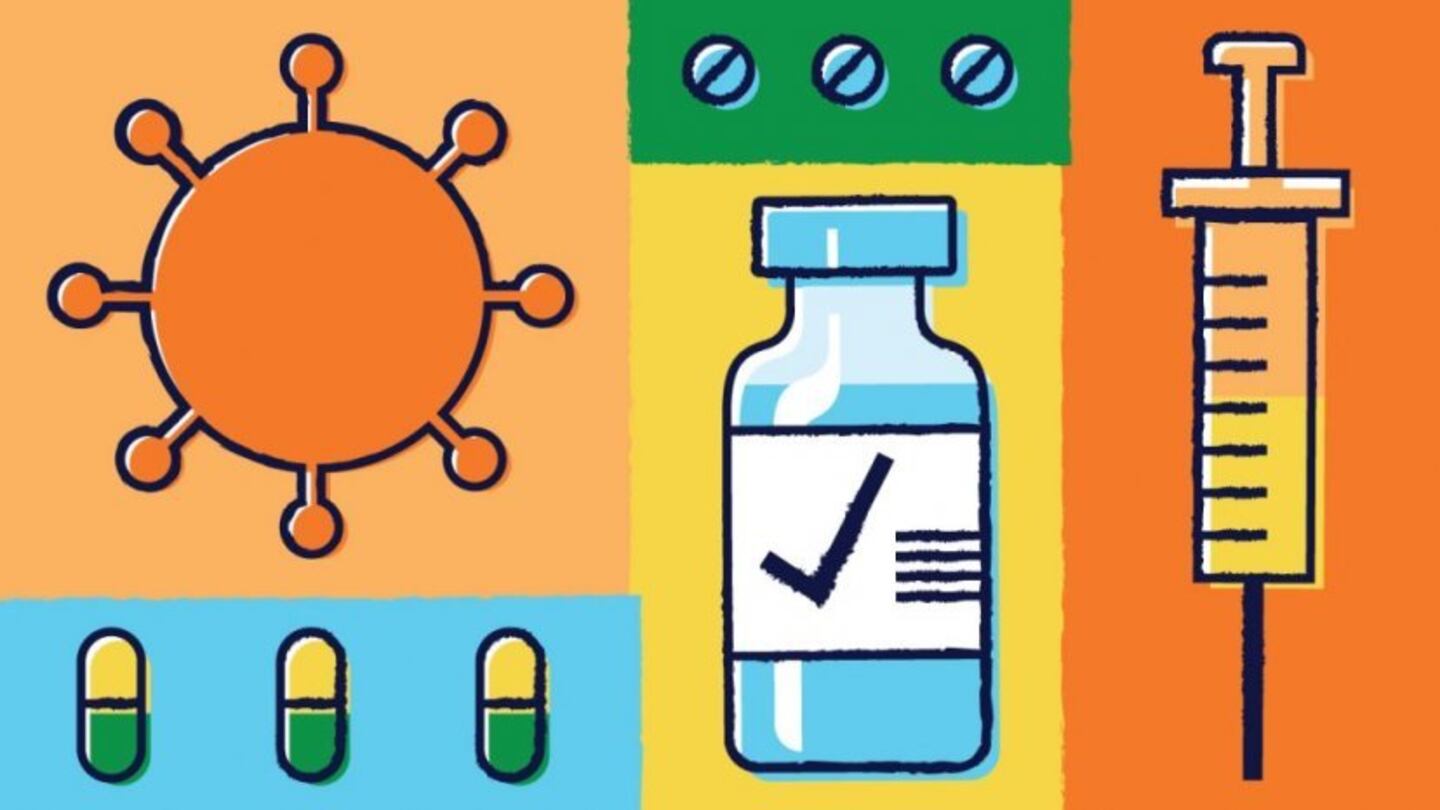People with underlying health conditions face more risk of getting seriously ill or dying if they contract Covid-19.
They might feel a sense of relief as the vaccine rollout progresses.
But those people are also more likely to be taking daily medication and may be worried about how the Pfizer vaccine will interact with those drugs.
The good news is that the vaccine and most prescription drugs work in very different ways, inducing a response in different systems within the body.
Most prescription medications work once they enter your bloodstream, vaccinologist Helen Petousis-Harris says. The vast majority are taken orally and when you swallow a pill it is broken down on the way to your stomach, and then prompts a reaction in the body.
For example, some diabetes medication works by lowering glucose production in the liver.
But the Pfizer vaccine does something else.
The vaccine works once it is injected into the thick, fleshy muscle of the upper arm. From there, it induces a response in your immune system. Essentially, it trains your immune system to identify the virus and fight it off. It does not enter your blood and instead, most of the action occurs in cells at the injection site and in the nearby lymph nodes.
That said, those with weakened immune systems may not respond as strongly to the vaccine. This is because the vaccine triggers an immune response, so if your immunity is weak, the response can sometimes be weaker than those with strong immunity.
Lots of people have suppressed immune systems, either through disease or through medication. This includes people who have had organ transplants, HIV or are treating cancer.
But if you have an underlying condition and have concerns or questions, you should speak to your doctor. There are very few people for whom the vaccine might not be suitable. For most it is fine.
Another question: What about the flu vaccine? Does that impact on the Covid-19 jab?
At the moment, experts prefer a gap of at least two weeks between the Pfizer vaccine and the flu vaccine.
This is simply a precautionary rule and means that if people have common side effects (like muscle aches or pain), doctors are better able to understand which vaccine caused it. Some countries are now giving the vaccines together.
The Pfizer vaccine has two doses, given at least 21 days apart, so people will need to get their flu vaccine two weeks before or after the Covid-19 vaccine. As we learn more recommendations can change.
Reporting disclosure statement: Helen Petousis-Harris and Dr. Bryan Betty provided expert advice in the preparation of this article.
This article is part of a collaboration with Stuff, Māori Television, and the Pacific Media Network called The Whole Truth: Covid-19 Vaccination.


